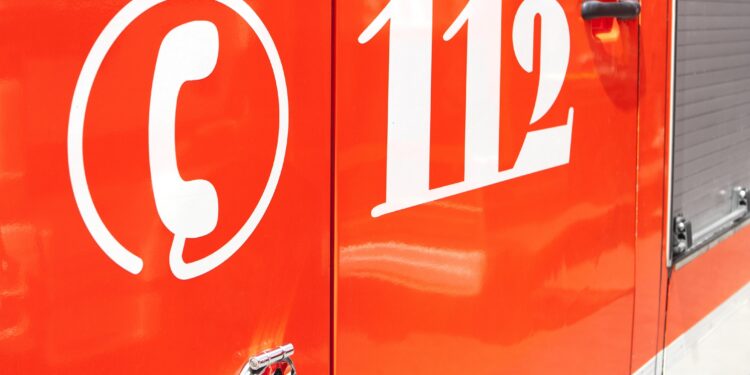Traveling to Greece offers incredible experiences, from exploring ancient ruins to relaxing on pristine beaches. However, like anywhere in the world, unforeseen situations can arise. Knowing who to contact and how to act in case of an emergency can make all the difference in ensuring your safety and peace of mind.
This guide covers essential emergency contacts, what to do in common situations, and tips to stay prepared during your trip to Greece.
1. Emergency Phone Numbers in Greece
Greece has a centralized emergency system similar to the 911 system in the United States. Here are the key numbers to remember:
- 112 – General Emergency Number: This pan-European number connects you to police, fire, and medical services. Operators speak multiple languages, including English, and can direct your call to the appropriate service.
- 100 – Police: For immediate assistance in case of theft, assault, or other incidents requiring police intervention.
- 199 – Fire Department: For fires or rescue situations, including car accidents.
- 166 – Ambulance Services (EKAV): For medical emergencies requiring immediate attention.
- 108 – Coast Guard: For emergencies at sea, including boat accidents or rescues.
Tip: Save these numbers on your phone before arriving in Greece and write them down in a notebook as a backup.
2. Reporting Lost or Stolen Passports
If your passport is lost or stolen, take the following steps:
- Report the theft to the nearest police station and obtain an official report, which is required for replacement.
- Contact your country’s embassy or consulate in Greece to arrange for a replacement document.
- Keep photocopies of your passport and travel documents in a separate location to expedite the process.
3. Dealing with Health Emergencies
If you experience a medical emergency, dial 166 for an ambulance or go to the nearest hospital or health center. Greece has both public and private healthcare facilities, with private clinics often offering shorter wait times.
Travel Tips for Health Emergencies:
- Carry a basic first aid kit for minor injuries or illnesses.
- Bring enough of your prescription medications for the duration of your trip, along with a copy of your prescription.
- Purchase travel insurance that covers medical expenses and repatriation.
For minor health issues, pharmacists in Greece are knowledgeable and can often provide advice or over-the-counter remedies.
4. Handling Theft or Scams
Petty theft, such as pickpocketing, can occur in crowded areas, particularly in busy tourist spots like Athens or Thessaloniki. If you are a victim of theft:
- Contact the local police (100) to report the incident.
- Inform your bank to block stolen credit or debit cards.
- Reach out to your travel insurance provider for assistance with claims.
To minimize risk, keep valuables in a secure location, use anti-theft bags, and avoid displaying expensive items in public.
5. Safety While Driving in Greece
Greece’s roads can be challenging, especially in rural or mountainous areas. If you experience a breakdown or accident:
- Dial 112 for emergency services.
- Use hazard lights and a reflective triangle to alert other drivers.
- If renting a car, contact the rental agency immediately for assistance.
Always carry a valid driver’s license, your rental agreement, and proof of insurance while driving in Greece.
6. Emergency Preparedness for Natural Disasters
Greece occasionally experiences natural events like earthquakes and wildfires. While these are rare, it’s good to know how to respond:
- Earthquakes: Move away from windows and heavy objects. Find shelter under sturdy furniture or against an interior wall.
- Wildfires: If you’re in a wildfire-prone area, monitor local news and follow evacuation orders promptly. Call 199 for fire emergencies.
Familiarize yourself with the safety instructions provided by your hotel or accommodation upon arrival.
7. How to Stay Connected
Staying informed and connected during emergencies is crucial:
- Local News: Follow local news channels or ask hotel staff for updates during emergencies.
- Embassy Contacts: Keep a list of your country’s embassy or consulate contact details. Embassies can assist with emergencies, including legal issues or evacuations.
- Travel Apps: Apps like Google Maps, Google Translate, and WhatsApp can be lifesavers during stressful situations.
8. Staying Calm and Collected
Emergencies can be stressful, but staying calm and taking prompt action is key. Trust Greece’s robust emergency services and don’t hesitate to ask locals or hotel staff for help—they are often more than willing to assist.
While emergencies are rare, being prepared ensures you can handle unexpected situations with confidence. By knowing the key emergency contacts and procedures, you’ll not only feel safer but also enjoy your trip to Greece with greater peace of mind.









